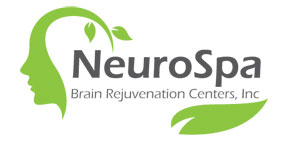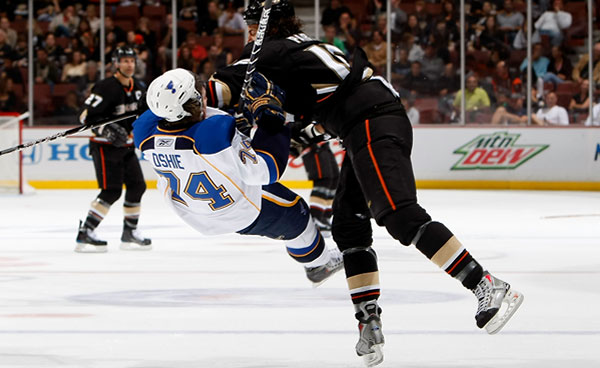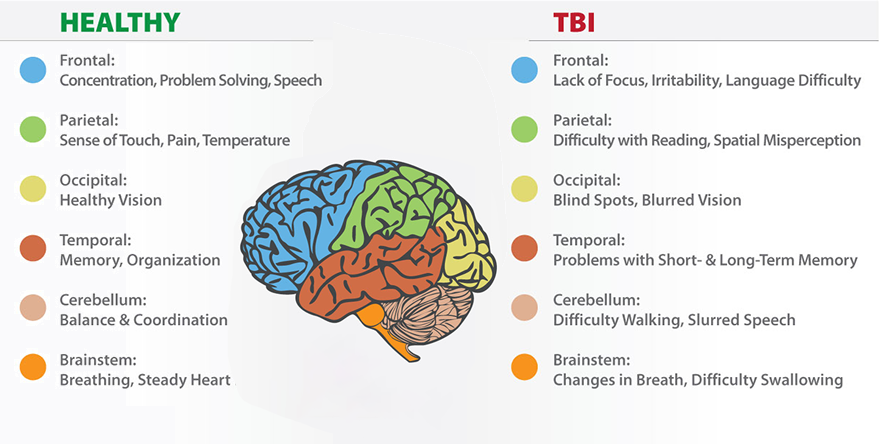Some neurological conditions are caused by repeated injuries to the brain and spinal cord. But what concussion and traumatic brain injury treatments are available, and what do they involve beyond medication? In recent years, brain stimulation, neurofeedback, and other treatments using highly sophisticated electronic equipment have been shown to aid patients in recovery. But what is traumatic brain injury (TBI), and how do these techniques work?
Concussions and traumatic brain injuries are a leading cause of cognitive dysfunction affecting all ages including young people who receive head and spinal cord injuries in full-contact sports. In a matter of speaking, the brain and part of the spinal cord tend to be “floating” inside the skull. Both organs are, in fact, attached to the hard and bony skull through ligaments referred to as dura, dentate ligaments, and arachnoid villi. If the head sustains a strong blunt force, it can lead to acceleration-deceleration (that is, “to and fro”) movements within the skull, which can often lead to shear injury and mechanical tearing of neuronal tracts (for example, “long” tracts). The frontal, temporal, and occipital regions of the brain are the most affected by the damage, leading to poor concentration, memory loss, headaches, dizziness, visual disturbances, difficulty with smell and taste, and poor mood. If an individual experiences repeated or back-to-back concussions in short time periods, permanent injury can result; this, in turn, could lead to severe neurological damage and symptoms.
Parkinson’s, ALS (Lou-Gehrig’s), and similar neurological diseases have been linked to repeated concussions. The good news is that a vast majority of concussions are resolved without any permanent injury. However, some people will require some form of concussion and traumatic brain injury treatment.
Our office takes on an a far more active approach to treatment of brain injuries including but not limited to MRI-navigated brain stimulation (TMS), 24-channel neurofeedback, and 3D Object tracking (Neurotracker). The strategies and tools used have all been specifically tested and undergone aggressive research to concussion and traumatic brain injury treatment, with significantly better results than ‘wait and see’ approach.
There is no specific medication for concussions or TBI, which means they require alternative methods for stimulating and restoring functions. On the plus side, brain stimulation, neurofeedback, and cognitive rehab have been proven to be very helpful in speeding up recovery and preventing further injuries.
If you’ve suffered repeated injuries in sports or elsewhere and think you might need the benefits of concussion and traumatic brain injury treatment, make an appointment at our office at (949) 652-7301.



